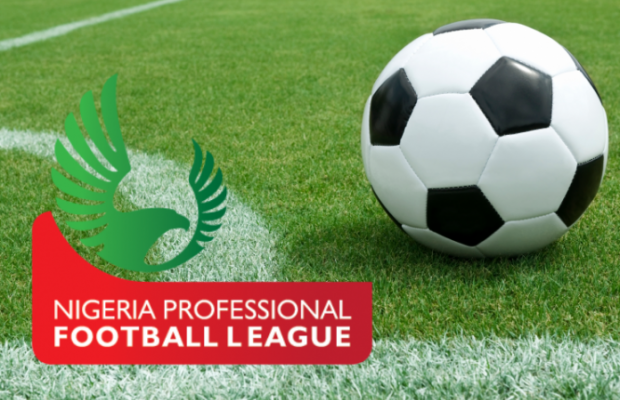At the outset of a player’s career, his image rights are owned by the player in so far as they cannot be exploited, licensed or assigned without his prior consent. In general, elite international players will license their image rights to three broad categories of licensee
- their club
- their personal sponsors
- national association.
Under the NPFL Rules, the player’s image rights obligations are expressly incorporated in Form 7 of the Rules, specifically in Clause 4.3 through 4.7. Clause 4.3 of the contract is the assignment clause that recognizes the club’s rights to exploit the player’s image rights.
By clause 4.4, the player agrees not to undertake any promotional activities on the club’s behalf nor assign his image rights to any other person. The player is further obliged under article 4.5 of the contract to undertake promotional activities on behalf of the club.
Read related articles in this series
- The right to use images of athletes for commercial purposes – gold mine or undermined?
- Remedies available for breach of image right
- What are the different options available for image rights?
This clause is complemented by clause 4.6 where the player expressly assigns the copyright to his photographs to the club and grants to the club, permission to exploit his image for promotional purposes.
However, it is pertinent to point out that the exploitation of a player’s image imposes a corresponding obligation on the club to ensure that such usage is not subjected to any greater usage than that of his teammates.
The club is also obliged to ensure that the player’s photograph or image does not imply an endorsement by the player of the product or service being promoted.
This was the thrust of the dispute between Mohammed Salah and the Egypt Football Federation where the player’s representatives alleged that their client’s image was subjected to greater use more than that of his teammates and gave the impression that the player endorsed the use of Egypt Air.
What happens where a player’s promotional obligations to a personal sponsor conflict with that of his club or even the league? Take a hypothetical example; Hamidu plays for Benue Comets FC who are sponsored by a soft drink brand. Before signing up with Benue Comets, he had a personal promotional obligation to another soft drink brand. Would it be right for Hamidu to breach his obligations to his personal sponsors under the pretext of observing similar obligations to his club?
Also read
- Remedies available for breach of image right
- Daymond John, Founder, FUBU and CEO, The Shark Group gets listed on Africa Speakers Group.
- The Nigerian context for wearable technology
Curiously, the drafters of the NPFL Rules have made no provisions in this regard. Typically, these situations are addressed by including non-compete clauses in the standard contracts which precludes the players from endorsing competing brands with the leagues or club’s sponsors. Clause 4.3 of the English FA standard contract contains such clause which precludes the player from endorsing a competing brand during the term of his contract. English and some European clubs have found a way to navigate this provision especially when it comes to club’s high-profile players.
The case of iconic Swedish striker, Zlatan Ibrahimovic and Manchester United easily comes to mind. The swede had prior to joining the former English champions in 2016 endorsed Swedish car Manufacturing giants, Volvo. This deal ensured Zlatan never endorsed American auto brand, Chevrolet one of the biggest auto brands endorsed by Manchester United.
Instead of dropping his personal sponsors, Zlatan did the exact opposite and carried on with his personal sponsors12. That is what can happen with a player with the profile of Zlatan Ibrahimovic. What happens where the player is of a less iconic status? In any event, European clubs typically respect existing endorsements by a player and make exceptions of such scenarios.


